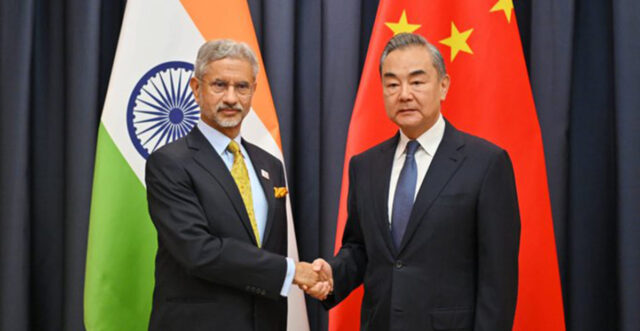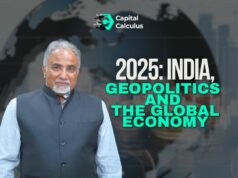India and China appear keen to make up for the acrimony that has characterised their relationship since the Galwan clash. The BRICS summit in Kazan saw major steps taken towards disengagement of troops in Depsang and Demchok.
De-escalation is the next goal and at the G20 summit in Rio de Janeiro, the push in that direction and full normalisation of relations was evident with India’s External Affairs Minister S Jaishankar and his Chinese counterpart Wang Yi meeting on the sidelines to seal the way forward.
As the former posted on X, “We noted the progress in the recent disengagement in the India-China border areas. And exchanged view on the next steps in our bilateral ties. I am glad to note that on the ground, the implementation of that understanding has proceeded as planned.”
“our leaders have directed the foreign ministers and the special representatives should meet at an early date. Some progress, some discussions have happened in that direction.”
This is important for the special representatives are the level at which border issues are discussed and the two, NSA Ajit Doval and Wang Yi, have not met since Dec 2019. That was the 22nd meeting when they agreed on the need to maintain peace and tranquility and look for a “fair, reasonable and mutually acceptable solution” to the border dispute.
Wang Yi called for more mutual trust and less suspicion, urging for resumption of direct commercial flights, exchanging journalists and facilitating the issue of visas.
The Chinese foreign ministry statement said, “Next year is the 75th anniversary of the establishment of diplomatic relations between China and India. The two sides should plan commemorative activities, encourage exchanges and visits at all fields and levels, and enhance understanding and mutual trust.”
The Chinese statement called for the “democratization” of international relations, a swipe at the US-led international order.
“India also opposes unilateralism,” it said, and “does not approve of military alliances, advocates the democratization of international relations, and is willing to strengthen coordination and cooperation with China in multilateral mechanisms such as the G20 and the BRICS.”
Important to note that while China is for a multi-polar world order, it is against similar multipolarity in Asia, which it sees as its exclusive sphere. So those differences will remain.
India may have no issue with the broad thrust of the Chinese statement, “The two sides should look at bilateral relations from a strategic perspective, properly handle relevant issues with a more positive attitude, and not let specific differences define the relations between the two countries.”
But “specific issues” is precisely where bilateral relations derailed over four years ago. While disengagement has taken place, de-escalation has to happen. It also remains to be seen how quickly the two sides move on the meeting of the special representatives, on visas and commercial flights.
Thirty eight years in journalism, widely travelled, history buff with a preference for Old Monk Rum. Current interest/focus spans China, Technology and Trade. Recent reads: Steven Colls Directorate S and Alexander Frater's Chasing the Monsoon. Netflix/Prime video junkie. Loves animal videos on Facebook. Reluctant tweeter.





